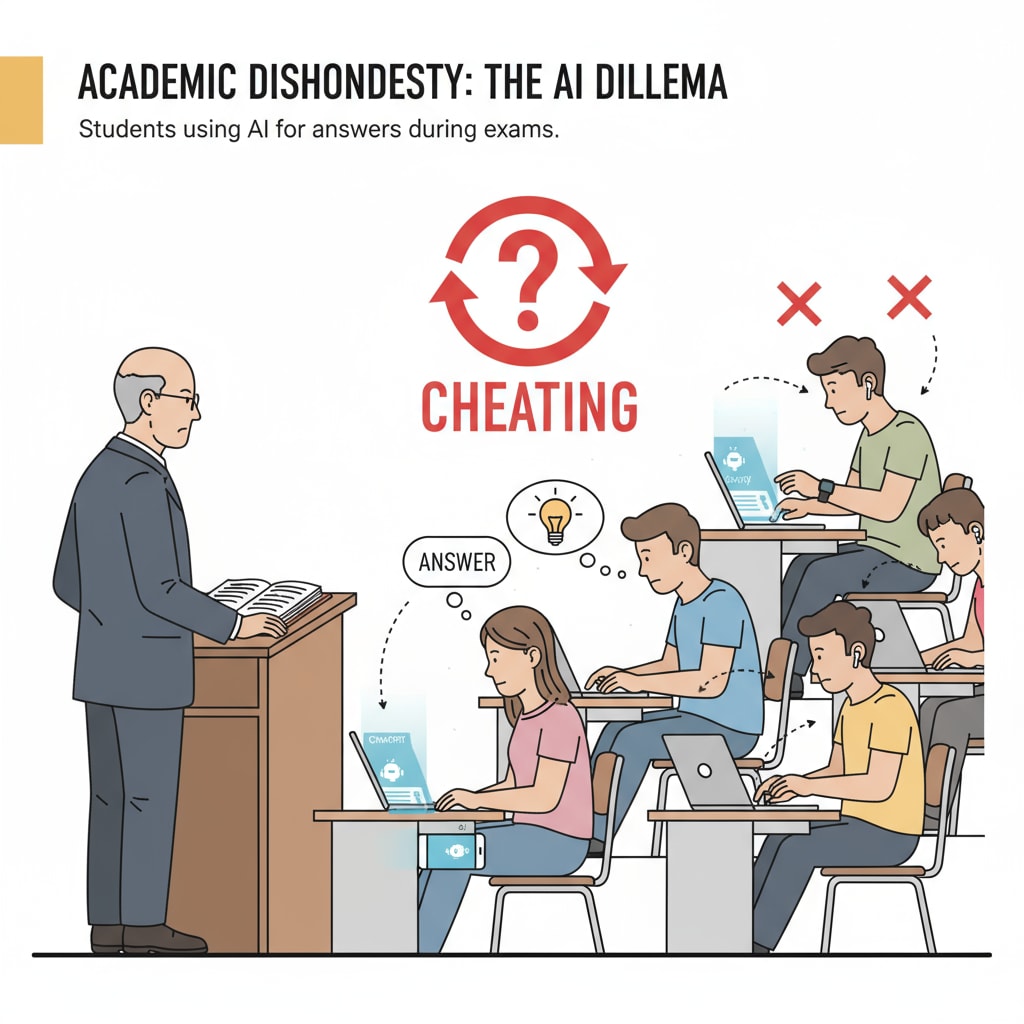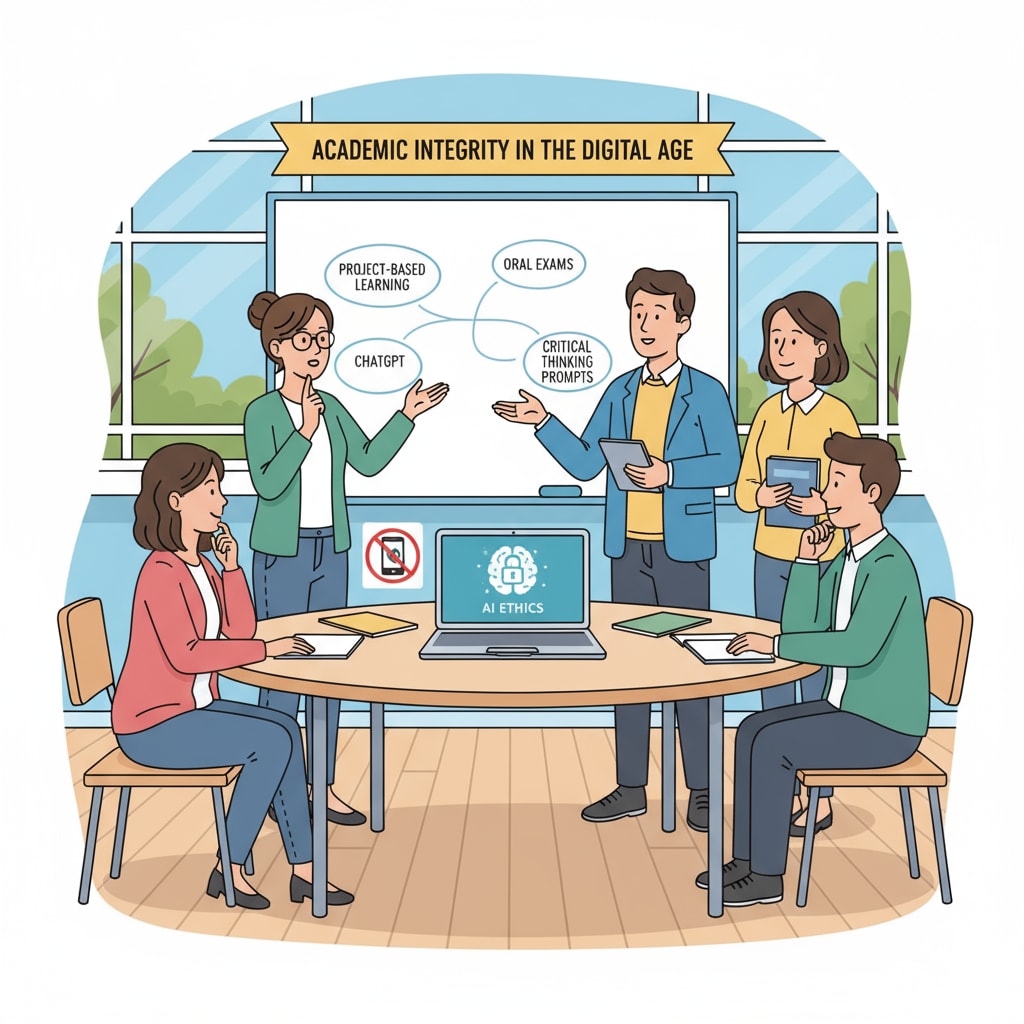In the realm of modern education, the issue of ChatGPT being used for cheating has emerged as a significant concern. As technology continues to advance, tools like ChatGPT have found their way into educational environments, but unfortunately, some students are exploiting them for unethical purposes.

The Temptation of ChatGPT for Cheating
The allure of ChatGPT for students looking to cheat is not unfounded. ChatGPT can generate well-written essays, solve complex problems, and provide quick answers. For example, a student facing a difficult assignment might turn to ChatGPT to get a ready-made solution. This ease of access to information gives students the false belief that they can bypass the learning process and still achieve good grades. According to EdSurge, the rise in the use of ChatGPT for academic dishonesty is a growing trend that educators cannot ignore.
Negative Impacts on Education
The misuse of ChatGPT for cheating has far-reaching consequences for education. Firstly, it undermines the integrity of the educational system. When students cheat, the value of degrees and qualifications is diminished. Secondly, it hinders the development of students’ critical thinking and problem-solving skills. True learning involves grappling with challenges and finding solutions independently. By relying on ChatGPT, students miss out on these essential learning experiences. Moreover, it creates an unfair advantage for those who cheat over honest students. As stated by TeachThought, this can lead to a demotivation among honest students and a decline in overall academic standards.

Educators are now faced with the difficult task of detecting and preventing this form of cheating. They need to develop new strategies to ensure that students are doing their own work. This might involve using plagiarism detection tools that are updated to recognize AI-generated content, as well as designing assessments that require in-depth knowledge and original thinking. In addition, educators should have open discussions with students about academic integrity and the importance of honest learning.
Readability guidance: The key points here are the temptation of ChatGPT for cheating, its negative impacts on education, and the need for educators to take action. By addressing these aspects, we can hope to combat this emerging threat to the educational landscape.


